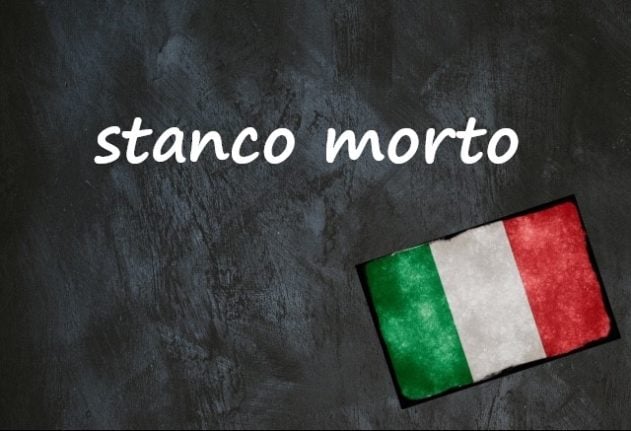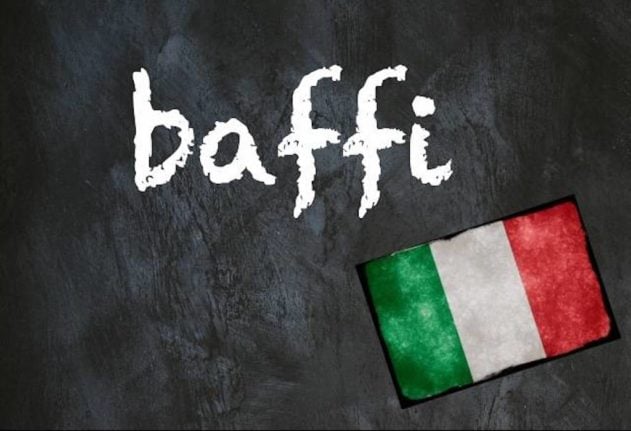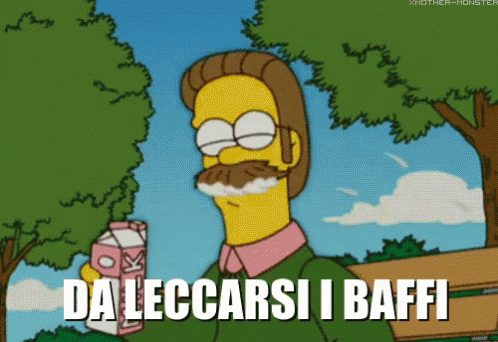Returning to work after enjoying some time off can often be challenging and you may well feel exhausted at the end of your first shift back following the Easter (or Pasqua) break.
But, if you’re looking for a way to tell your Italian friends or colleagues that your first day of work after the long weekend has left you ‘knackered’ or ‘drained’, what could you say?
The most popular way to say that you’re tired in Italian is essere stanco (with the verb essere, or ‘to be’, conjugated according to the person making the statement). But if you want to emphasise that you’re very, very tired, essere stanco morto may just be the phrase you’re looking for.
Essere stanco morto is the Italian equivalent of ‘being dead tired’ in English and it works in practically the same way as its English counterpart, except for one major difference: Italians say they are ‘tired dead’ instead of ‘dead tired’.
Sono tornato ad allenarmi dopo un mese di pausa. Ero stanco morto quando sono tornato a casa.
I resumed training after a one-month break. I was dead tired by the time I got home.
Ho avuto una giornataccia al lavoro. Sono stanco morto.
I’ve had a bad day at work. I’m dead tired.
Please note that both stanco and morto must be conjugated according to the gender and number of the subject as follows:
Masculine singular: stanco morto
Masculine plural: stanchi morti
Feminine singular: stanca morta
Feminine plural: stanche morte
Also, it isn’t rare for native Italian speakers to omit the adjective stanco when using the expression. This is something that you can do too to add a ‘local’ touch to the statement.
Come ti senti?
Sono morto. Questa riunione ha prosciugato tutte le mie energie.
How are you feeling?
I’m dead tired. This meeting has drained all of my energy.
Do you have a favourite Italian word you’d like us to feature? If so, please email us with your suggestion.
Don’t miss any of our Italian words and expressions of the day by downloading our new app (available on Apple and Android) and then selecting the Italian Word of the Day in your Notification options via the User button.




 Please whitelist us to continue reading.
Please whitelist us to continue reading.
Member comments